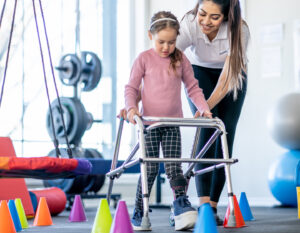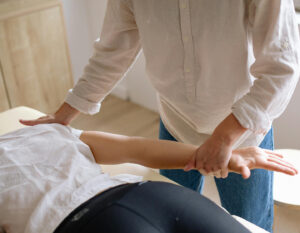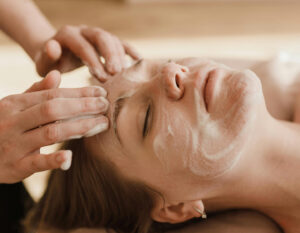
If raising kids wasn’t hard enough, parents negotiate their way through the #MeToo Era
Last year, when the media reported a Hollywood mogul’s alleged sexual abuses, a seismic groundswell developed almost overnight, and similar claims began affecting virtually every industry. Women united with one voice and a #hashtag to finally admit what they were too ashamed to admit before. The #MeToo Era began, hashtags were splashed across social media platforms, and an overwhelming number of mothers, sisters and daughters stepped forward to declare that they too, were victims of sexual impropriety.

Even though we mostly heard about high-profile cases involving famous actors, politicians and athletes, one thing is evident; sexual abuse is not concerned about race, religion, age, gender or culture, as demonstrated by the global outcry of millions of females across every continent. It was the tipping point needed to force a cultural conversation that parents must now engage in, with their sons (and daughters).
Read more: Female Empowerment: Inspirational Women We Love And Admire
It’s important to understand how prolific and systemic sexual abuse is. According to the World Health Organisation (WHO) 35% of all women around the world have been the victims of sexual abuse. That is one-in-three women. US agencies and organisations show in surveys that rape and sexual assault remain among the most underreported crimes in America. As many as two-thirds of rapes or sexual assaults went unreported between 2006 and 2010. Twelve percent of incidents happen to women while at work, and almost 60% of these are not reported to the police. The most common reason for not reporting crimes of this nature is fear; fear of not being believed, fear of reprisal, and fear of getting the offender into trouble. When we examine these numbers, it’s hard not to recognise the probability of our own sons and daughters being either a perpetrator or a victim of sexual assault.
While the rest of the world was shocked by the #MeToo movement, Hong Kong, in contrast, remained relatively quiet, with a few brave ladies coming forward to tell their stories. Unlike Western cultures where “boasting” about sexual harassment can be passed off as “locker room talk”, we live in a comparatively conservative society where the subject of sex is rarely discussed. But that doesn’t mean the city doesn’t have such problems. Because so few women report these incidents, it makes numbers hard to obtain. But studies have shown that sexual assault – especially in the work place – is deep rooted. In a country where the poverty divide is so significant and the cost of living, so exorbitant, most citizens cannot afford to be out of work. For millions of vulnerable women in Hong Kong, there are few to zero protections in the workplace, and many victims don’t have the resources to lodge complaints or file lawsuits.

So how do I raise my sons and daughter in this era? For one, I always point out other people’s behaviour if I find it offensive, or if think it can be a teachable moment (in movies, in person, in adverts, on youtube, etc.), we talk about it. In these situations, I explain the situation and ask questions such as, “If you saw anyone treating Mummy that way, how would it make you feel?” or “If you learned that a boy had done this to your sister, or hurt her in anyway, how would you feel?” I ask them what they think of that behaviour and how they would react in the same situation. Instead of telling them how they should or shouldn’t respond or behave, I always position it so they have a 360 degree viewpoint of the matter and ask the questions: “”Why do you think they might have done that in the first place?” or “How would you have stopped it if it was you?” My one golden rule to ALL of them (as I’m sure all parents have told their kids) is: “Never, ever take a photo of yourself that you wouldn’t mind your grandparents seeing.” I tell my sons to never treat any women in any way they would hate any man to treat me. Bringing it back to something they can empathise with is very important in my mind, and helps them emotionally connect.
As for my daughter, I have had conversations with her and specifically said, “If anyone ever does anything that makes you feel uneasy, or uncomfortable, or that you know to be be wrong, you must trust your instincts, and insist on removing yourself from the situation immediately, no matter how hard it may be”. I’ve explained that no one is allowed to put her in a position to do things she doesn’t want, or is wrong, or makes her feel ashamed. As a couple, I hope that my partner and I teach her by example, the balance of a good relationship. We build her confidence and self-worth all the time to try and make sure she doesn’t fall into the trap of feeling she needs validation from people who might take advantage of her or mistreat her. I’ve empowered her to be brave, and to stand up to anyone who physically challenges her. Above all else, I’ve encouraged her to respect and love herself and her body regardless of its shape, size or appearance and to never feel inferior to her brothers or male classmates.
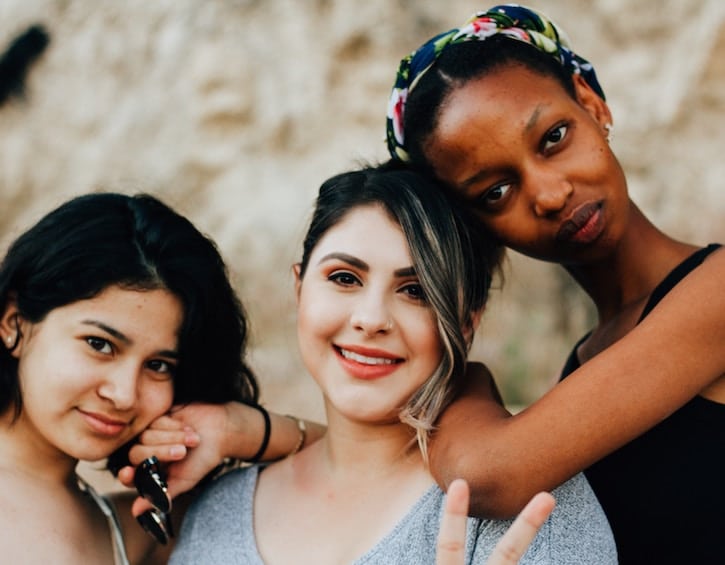
Education is key, and as parents, our responsibility is to keep the conversation going with our children, not only to ensure they don’t become another statistic, but to also ensure they understand the importance of affecting lasting and permanent change for their generation and the ones to follow. Inequality is so deeply ingrained in our culture, so as a parent, I am constantly checking that my sons don’t become hardwired to perpetuate centuries of chauvinistic behaviour and misogyny. Respecting strong females and not being afraid to give women power is masculine, not weak, and parents must lead by example and be the best role models that their children can have. Hardly a day passes, when I don’t read an article or watch something that I use as a teachable moment for my children to reexamine their virtues, fears, values and beliefs.
One of our biggest concerns is that the definition of sexual harassment is stretched too far. If we teach our girls that sexual harassment is a boy innocently asking them out, it will create a severe backlash; boys will become too scared to ask a girl out, men will become paranoid and uncomfortable dating, and gentlemen will no longer want to be gentlemen by offering to pay for meals or opening doors. I would hate for my sons to grow up in a society where the already treacherous landscape of finding a partner becomes an active minefield. The risk of girls abusing the power and opportunity they hold in their hands by taking it too far will create an atmosphere of suspicion or cynicism. I see attitudes changing already when I discuss what the #MeToo movement means to both adults and teens and already recognise a growing sentiment of fear and mistrust. Whilst an element of fear and self-awareness is essential as a deterrent for predatory men, the readjustment could tip too far and create a drastic and irreversible paradigm shift that affects all future relationships. It is a delicate balance and people must remember that regardless of the quality of character elected into high office, or promoted to the heads of multinational corporations, not every young man will grow up to be sexually abusive.
As my sons embark on their final years of high school and (hopefully) move on to attend college and full-time employment thereafter, I hope that the #MeToo movement will not have been in vain. I hope that this generation of parents, our education system, corporations and society as a whole are ready and able to readdress the societal norms of hundreds of generations, to make this era a pivotal point in our history. I also hope that this is the springboard to also examine abuses on all levels including pay, career progression and more. I’m confident about my sons and trust that as they move through life, they will do so with the utmost respect for women and equality, and walk their talk. I hope and wish that there are millions of parents around the world who have as much confidence in their children as I do mine.
To find out more information about women’s rights in Hong Kong, check out The Women’s Foundation.
 View All
View All








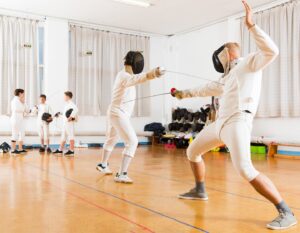


 View All
View All




 View All
View All

 View All
View All
